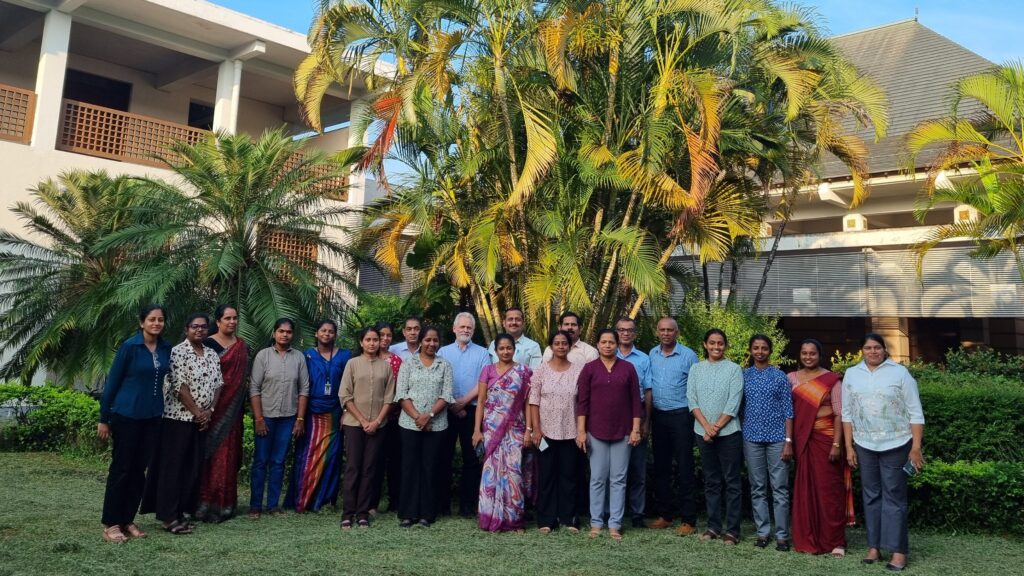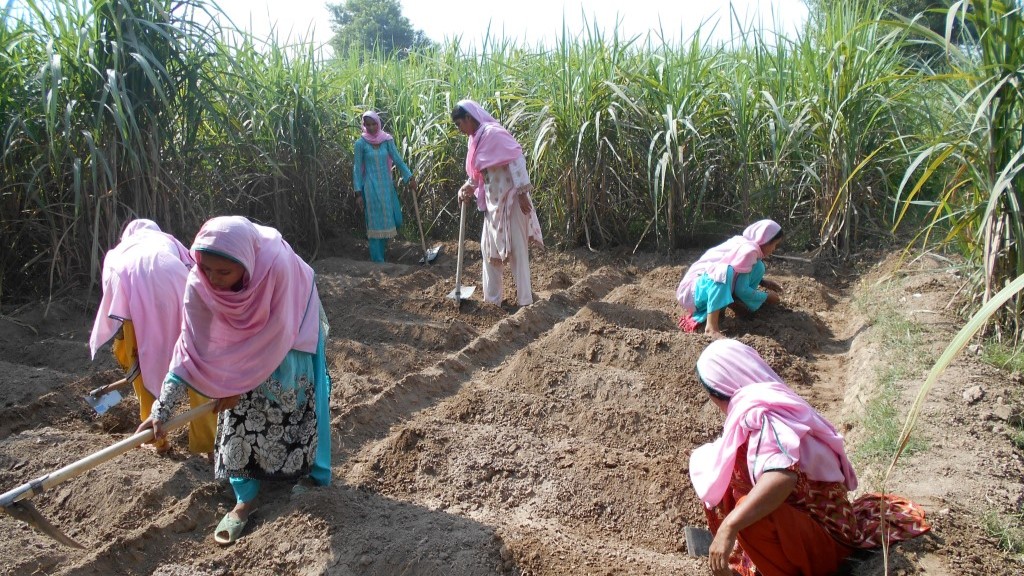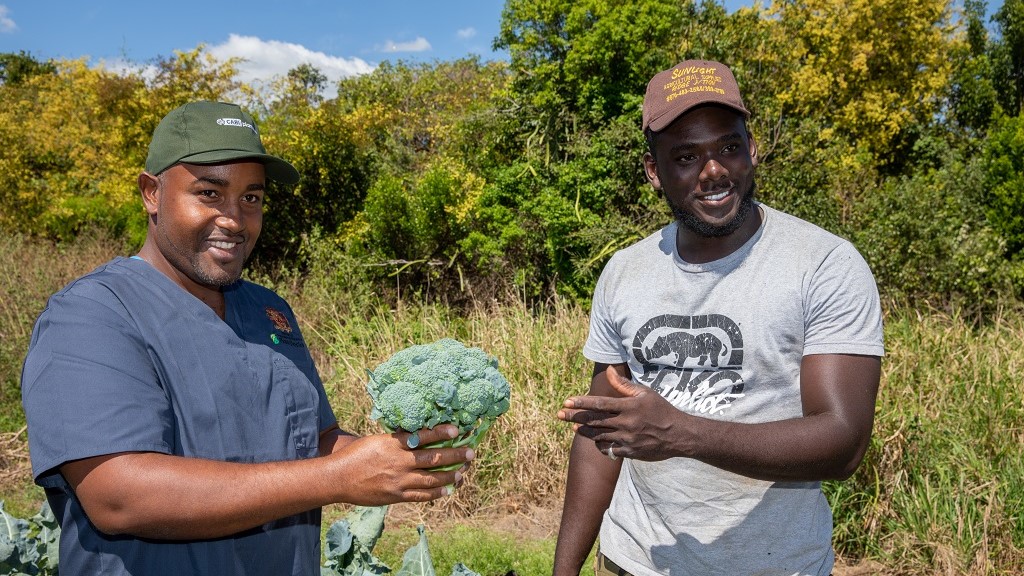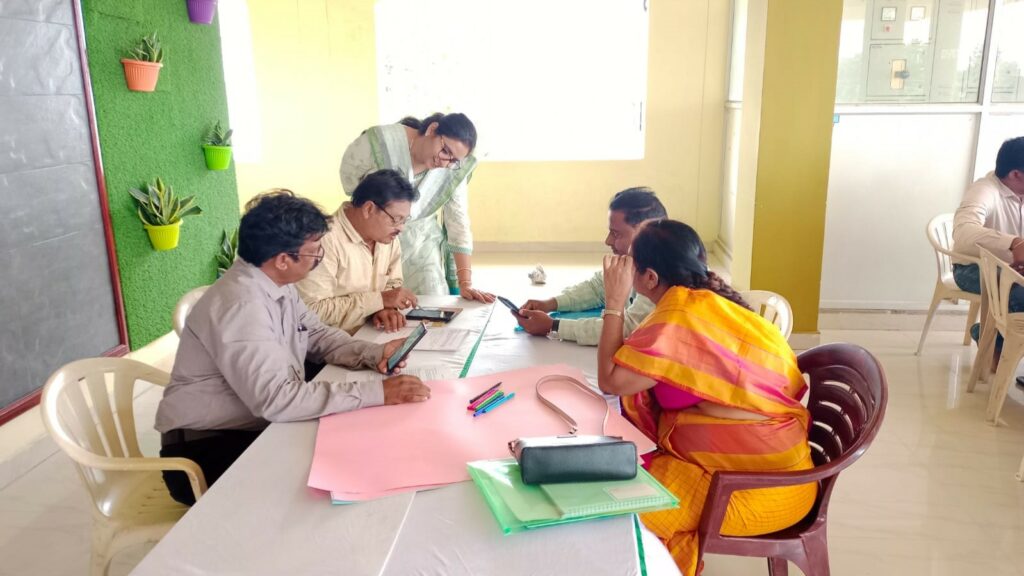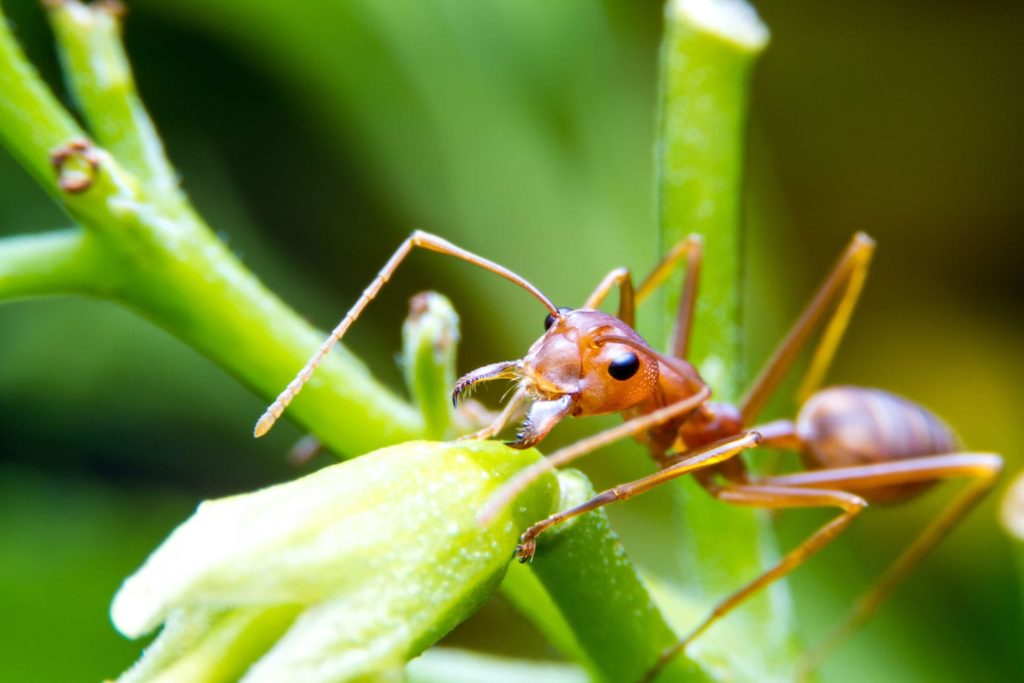Training Sri Lanka’s agro-dealers in pesticide risk reduction
Agro-dealers provide vital support to Sri Lanka’s farmers. These agricultural input suppliers are often the first point of contact for smallholders who need advice on plant protection products. However, agro-dealers often lack formal training in safer pesticide use and pesticide alternatives. This can lead to the misuse of agro-chemicals, environmental harm, and health risks for…
Empowering women farmers in Pakistan with pest control knowledge
Women farmers in Pakistan play a central role in the country’s economy. However, many struggle to access essential information about sustainable farming approaches. Women make up nearly 66% of the agricultural workforce in Pakistan. Yet they receive very little agricultural extension advice. This lack of support creates serious challenges, particularly when it comes to managing…
CABI shares important new evidence on the legacy of Plantwise
CABI has published a working paper assessing the legacy of Plantwise programmes in six countries: Nepal, Pakistan, Ghana, Kenya, Malawi, and Jamaica. The paper, entitled Plantwise Sustainability: Two Years on, finds that the sustainability of a Plantwise programme hinges heavily on the country in question. This means that while it is difficult to engineer or…
Boosting the usage of CABI’s digital tools through communication, collaboration, and co-creation
Food security and food safety are two complementing elements of a sustainable future. Unexpected crop losses due to pests and diseases lead to food insecurity, and indiscriminate pesticide usage to control the pest/ disease hamper food safety. In such situations, countries need novel solutions that maintain food safety while addressing food security issues.
PRISE is seeking partners in dissemination and crowdsourcing
The Pest Risk Information Service (PRISE) has published request for proposals (RFP) for partners in Ghana, Kenya, Malawi, and Zambia. PRISE (prise.org) helps to improve the livelihoods of smallholder farmers by reducing crop losses caused by pests across four-sub Saharan African countries.
Future-proofing partnerships
The recent International Congress of Plant Pathology (ICPP) in Boston brought together members of the plant health community from all over the world. Large events are a great place to forge new relationships, strengthen existing ones, or simply get everyone together in one place. The importance of working together is always emphasised when all corners…
New coalition puts knowledge and skills into the hands of those who need it
CABI has joined forces with the ISEAL Integrated Pest Management (IPM) Coalition in the fight to implement better, less chemical-dependent, ways for farmers to manage agricultural pests and diseases that account for around 40% of lost crops worldwide. By linking with the Plantwise Knowledge Bank, the coalition aims to share knowledge on sustainable pest management…

